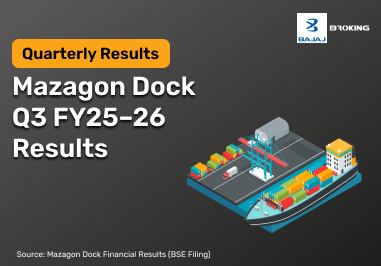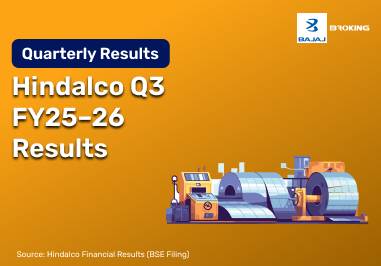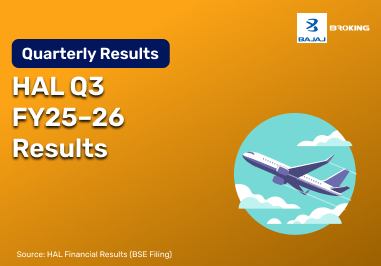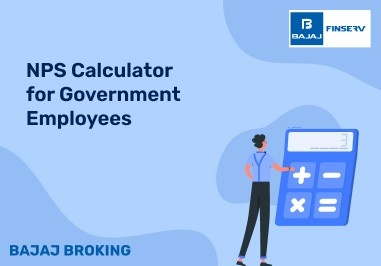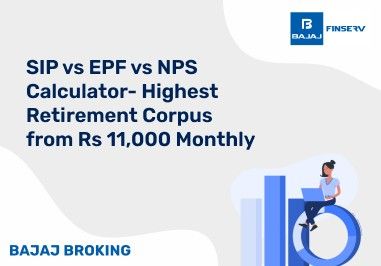Summary
Price differences between assets can disappear within minutes in arbitrage deals, which are temporary.
This is because arbitrage offers a mechanism to ensure that prices stay within fair value over extended periods. Further, technology advancements have made it increasingly challenging to benefit from market pricing errors. Arbitrage opportunities are simple to identify, but manually capitalising on them is highly complicated and expensive.
What is Arbitrage?
Arbitrage is a term used in finance to describe the process of taking advantage of the price differences of identical assets on different markets by simultaneously buying and selling the asset to make a profit. This is an arbitrage opportunity meaning.
This type of trading is often used to capitalise on little price differences in stocks, bonds, foreign exchange, derivatives, and other financial instruments.
What is arbitrage process? The arbitrage process involves the trader purchasing at a lower price on one exchange and selling at a higher one on another to make a profit.
Anomalies in price are the key to arbitrage. Mispriced options can also be traded arbitrarily. However, the arbitrage between cash market price and futures price is the most common. This risk-free way to make money is called cash-futures arbitrage.
Arbitrageurs meaning is that they are traders who use the arbitrage strategy.
It is a highly complex yet profitable form of investing that requires a keen eye and strong analytical skills. Arbitrage traders must continually monitor markets for profitable opportunities since the opportunities can disappear quickly.
How Does Arbitrage Trading Work?
Arbitrage works on a simple idea. You find the same asset selling for different prices in two markets. You buy it where it costs less and sell it where it costs more. The small difference between the two prices becomes your profit.
You need to act fast because these gaps do not last long. Technology and competition have made arbitrage a game of speed and accuracy. You also need to think about transaction costs. The difference in price should cover all charges for it to be worthwhile.
Types of Arbitrage
Different types of arbitrage are as follows:
1. Pure arbitrage
Arbitrageurs do not wait for funds to be cleared before making a purchase or sell decision.
2. Risk arbitrage
Investors typically believe that a stock will increase in value; therefore, they decide to purchase and hold the stock. In other words, investors are preparing for a price increase in a different market.
3. Convertible arbitrage
Arbitrageurs make money by maintaining long positions in convertible instruments while shorting the underlying stock simultaneously.
4. Merger arbitrage
When arbitrageurs anticipate a merger or acquisition, they buy stock in the target business. When the price of the shares increases following the merger, they sell them.
5. Futures arbitrage
Cash is used to purchase the stock, which is subsequently sold in the futures market. The future premium is often accounted for by pricing futures higher than cash. However, both prices converge at expiration, resulting in arbitrage stocks benefit for the trader.
Importance of Arbitrage
Arbitrage is crucial because it eliminates pricing anomalies and improves the efficiency and smoothness of the market. It also leads to greater price discovery in the market, which significantly contributes to the creation of market liquidity.
Moreover, earnings from well-executed arbitrage can be considered risk-free because the buying and selling prices are known in advance. Arbitrage does not require one to bet on a security’s future performance, unlike conventional stock or bond trading, where one purchases the security now and sells it later.
Additional Read: What is Convertible Arbitrage?
Benefits of The Types Of Arbitrage Strategies
When you take part in arbitrage, you are not just earning a profit. You are also helping make the market smoother and more transparent. Each type of arbitrage offers unique advantages that affect both traders and markets.
Market Efficiency: Arbitrage reduces mispricing and pushes prices towards their correct value. This helps maintain an efficient market for all. Your actions fix minor inefficiencies and promote orderly, efficient markets.
Risk Reduction: Arbitrage can reduce directional exposure but still carries significant operational and market risks.
Liquidity Enhancement: Every arbitrage trade contributes to an increase in trading activity. More trading activity increases liquidity, which helps others be more active in entering or exiting trades. It keeps prices static and creates a more speedy environment for other participants.
Profit Opportunities: Even small price differences can create profitable arbitrage opportunities. These opportunities may not exist long, but they can add up, especially for someone who is strategic.
By considering the benefits above, you can understand that arbitrage is more than a method to make short-term profit and adds to the health of the markets.





